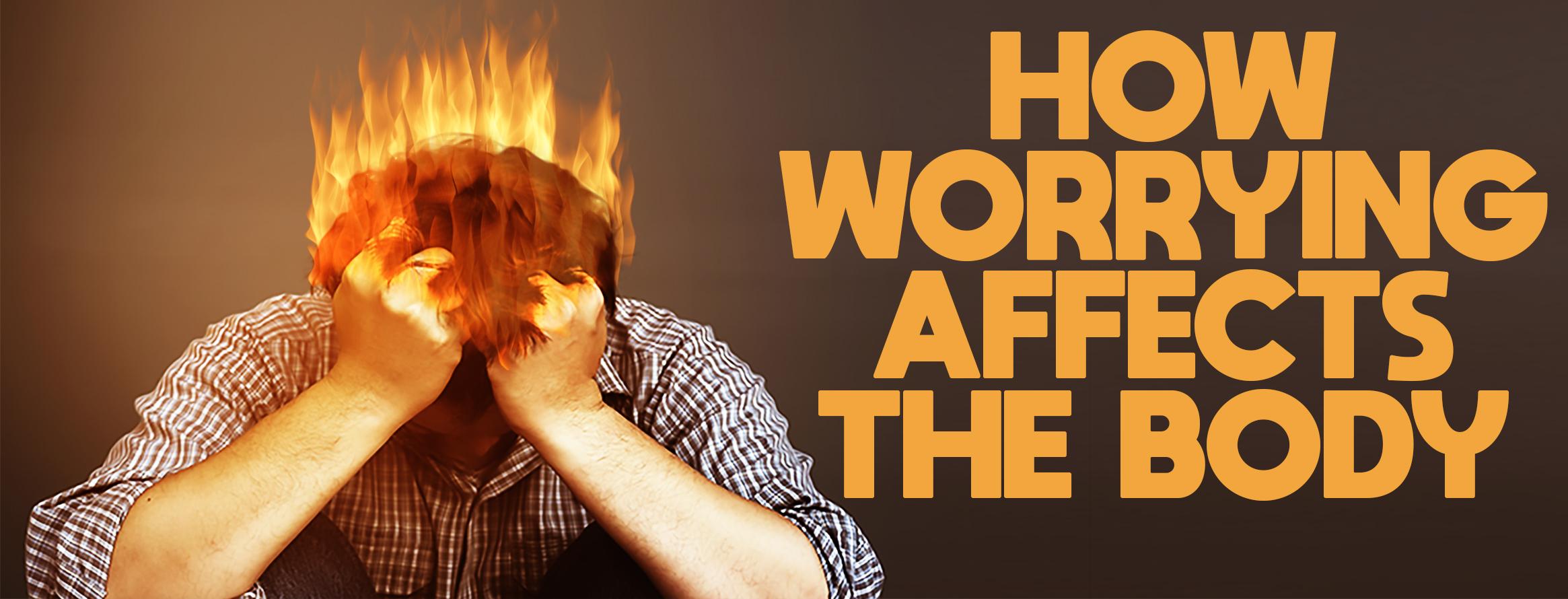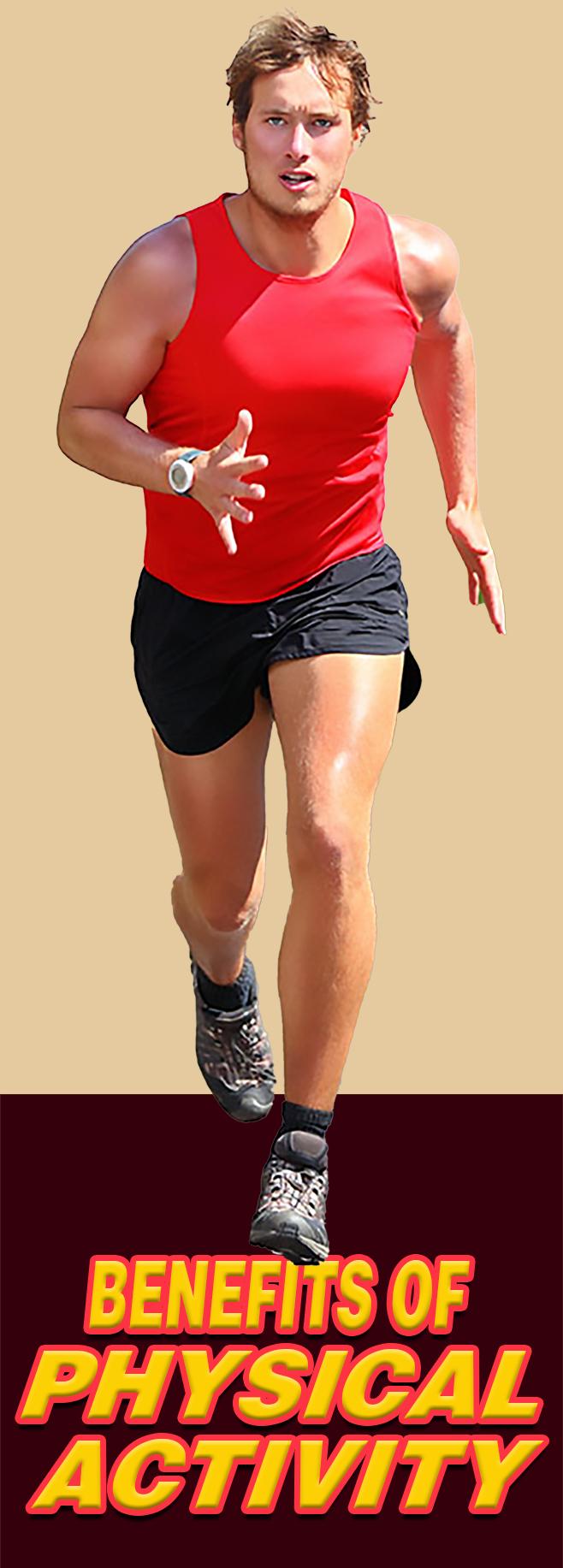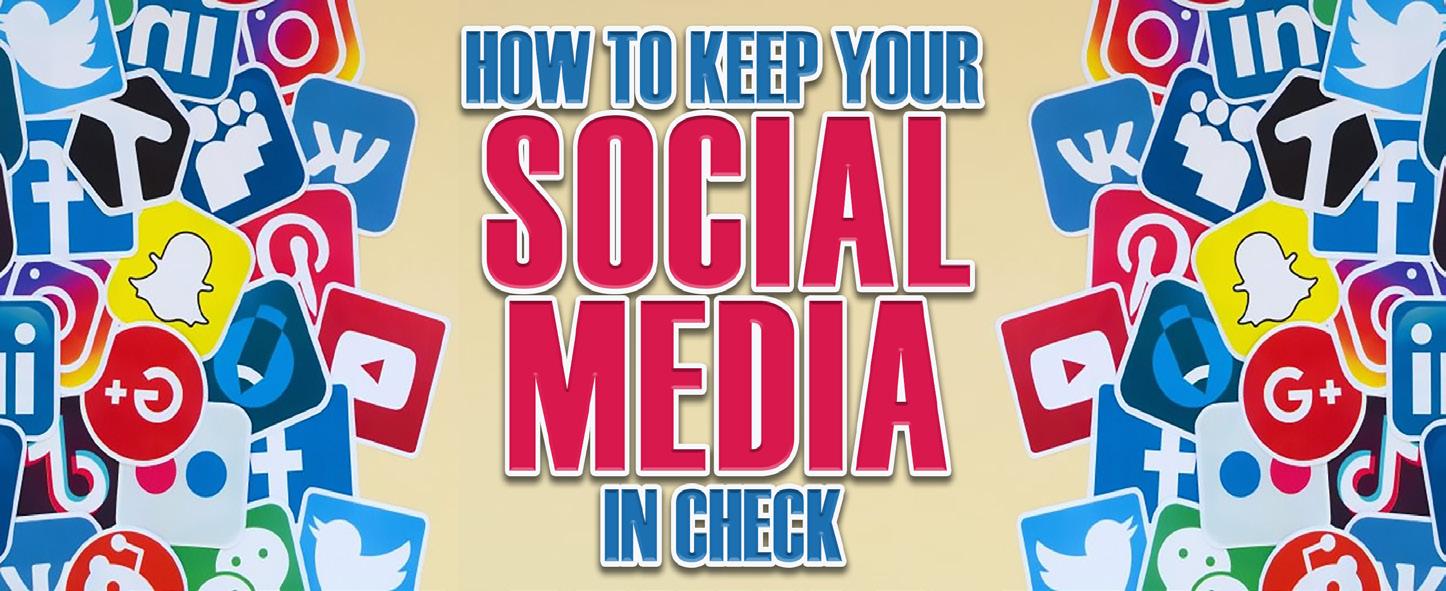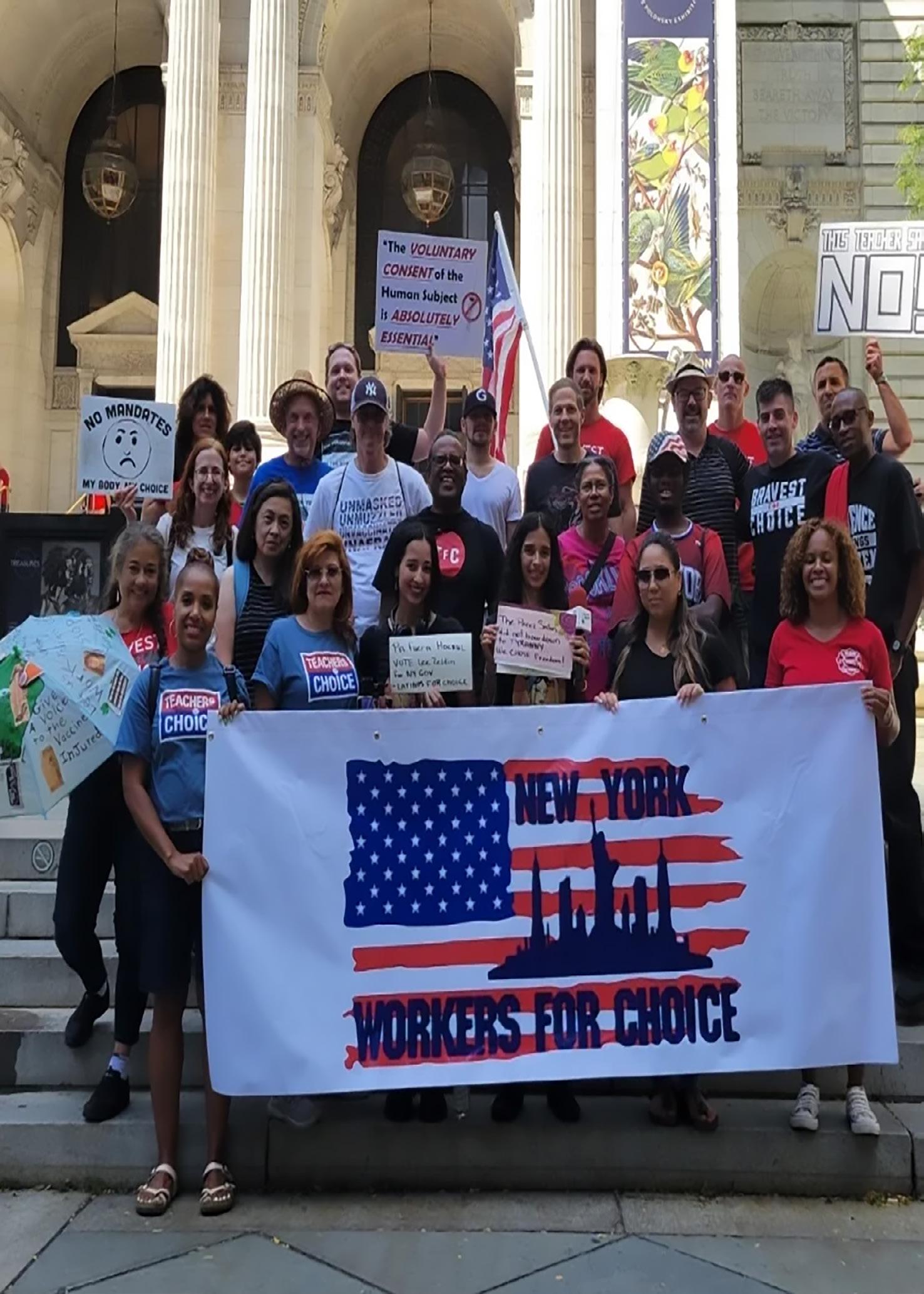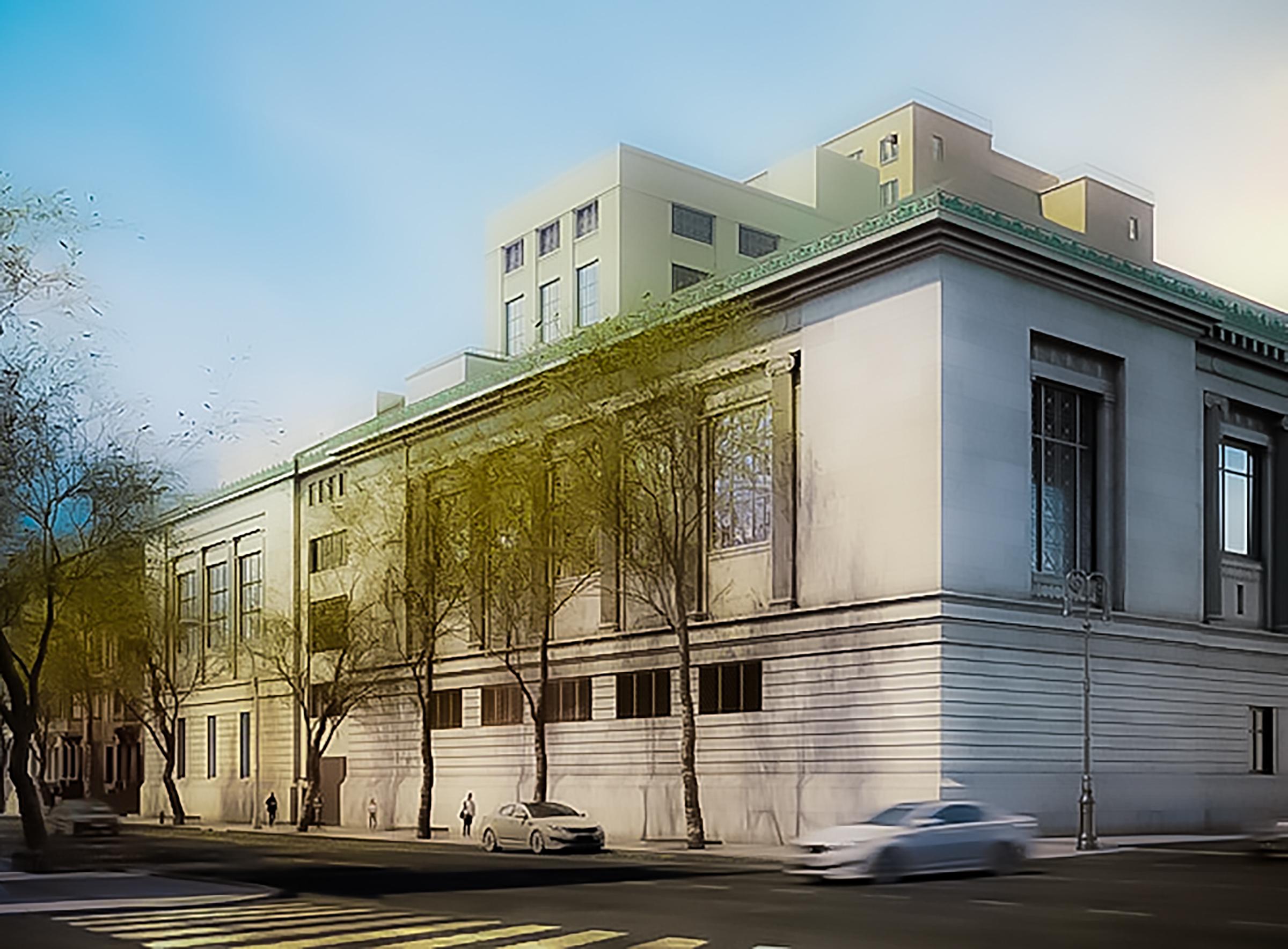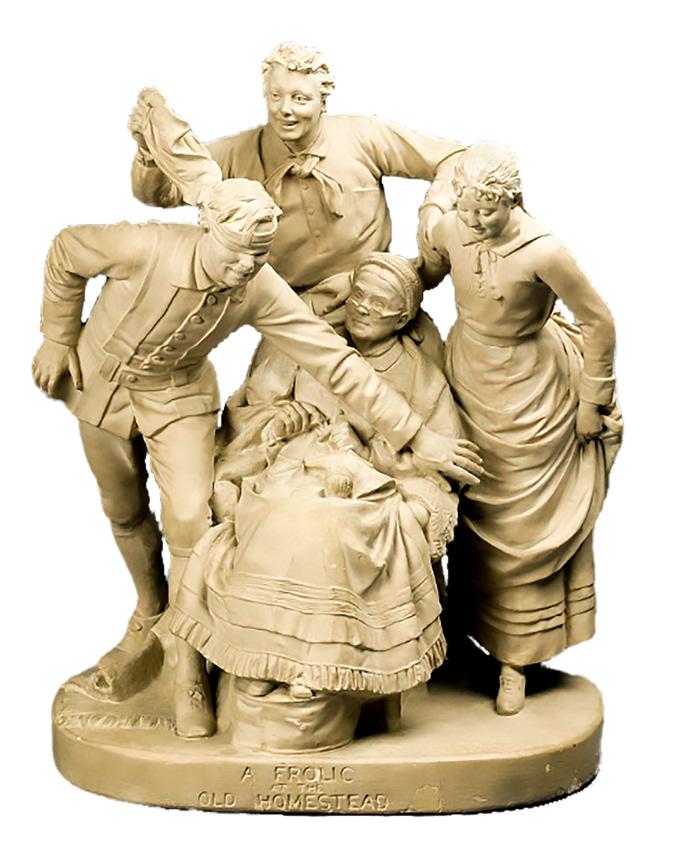Chronic worry andemotional stress can trigger a hostof health problems.
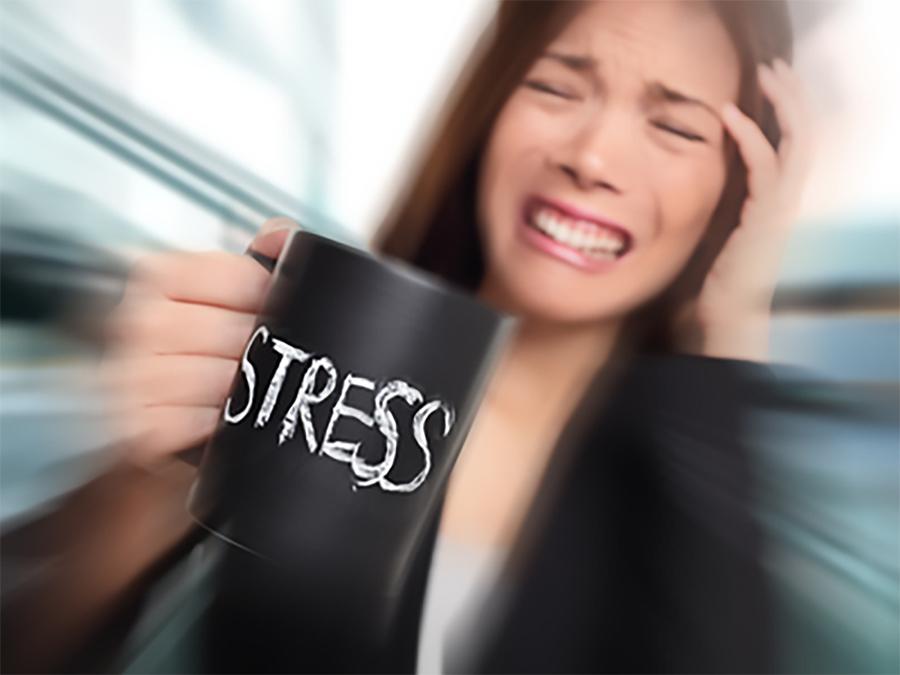
excessively are so anxietyridden that they seek relief in harmful lifestyle habits such as overeating, cigarette smoking, or using alcohol and drugs.
But excessive worriers react quickly and intensely to these stressful situations or triggers. Even thinking about the situation can cause chronic worriers great distress and disability.
Excessive worry or ongoing fear or anxiety is harmful when it becomes so irrational that you can’t focus on reality or think clearly. People with high anxiety have difficulty shaking their worries.
When that happens, they may experience actual physical symptoms.
CAN EXCESSIVE WORRY MAKE ME PHYSICALLY ILL?
Chronic worry and emotional stress can trigger a host of health problems.
The problem occurs when fight or flight is triggered dai ly by excessive worrying and
CONTINUES ON PAGE 3
2 A Newspaper For All Nations!7
or not you become ill depends on how you han dle stress.
Physical responses to stress involve your immune system, your heart and blood vessels, and how certain glands in your body secrete hormones.
and your psychological state.
It isn’t the stress that makes you ill. Rather, it’s the effect responses such as excessive worrying and anxiety have on these various interacting systems that can bring on the physical illness.
excessive
hormones help to regulate various functions in your body, such as brain function and nerve impulses.
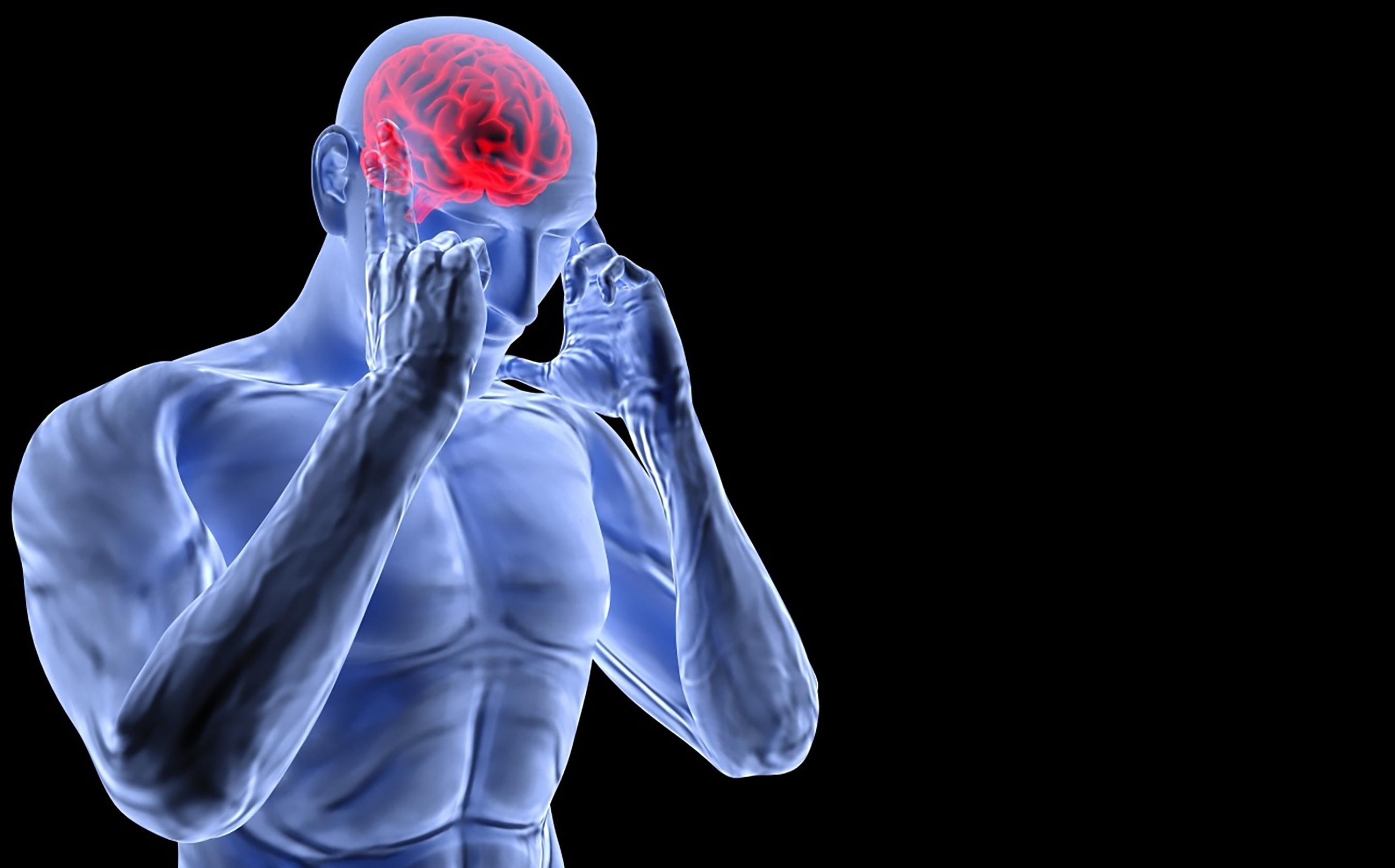
effects
All of these systems inter act and are profoundly influ enced by your coping style
There are things you can do, though, including lifestyle changes, to alter the way you respond.
© 2020 WebMD, LLC.
rights reserved.
CONTINUING FROM PAGE 2 3A Newspaper For All Nations! 7 anxiety. The fight or flight response causes the body’s sympathet ic nervous system to release stress hormones such as cor tisol. These hormones can boost blood sugar levels and triglyc erides (blood fats) that can be used by the body for fuel. The hormones also cause physical reactions such as: • DIFFICULTY SWALLOWING • DIZZINESS • DRY MOUTH • FAST HEARTBEAT • FATIGUE • HEADACHES • INABILITY TO CONCENTRATE • IRRITABILITY • MUSCLE ACHES • MUSCLE TENSION • NAUSEA • NERVOUS ENERGY • RAPID BREATHING • SHORTNESS OF BREATH • SWEATING • TREMBLING AND TWITCHING When the excessive fuel in the blood isn’t used for physi cal activities, the chronic anx iety and outpouring of stress hormones can have serious physical consequences, including: • SUPPRESSION OF THE IMMUNE SYSTEM • DIGESTIVE DISORDERS • MUSCLE TENSION • SHORT-TERM MEMORY LOSS • PREMATURE CORONARY ARTERY DISEASE • HEART ATTACK If
worrying and high anxiety go untreated, they can lead to depression and even suicidal thoughts. Although these
are a response to stress, stress is simply the trigger. Whether
These
If excessive worrying andhigh anxietygo theyuntreated, can lead todepression andeven suicidal thoughts
◙
All
It isn’t the stress that makes you ill. Rather, it’sthe effect responses suchas excessive worrying andanxiety have on thesevarious interacting systemsthat can bring on thephysical illness.
Hever Wilson Financial Advisor Specialist
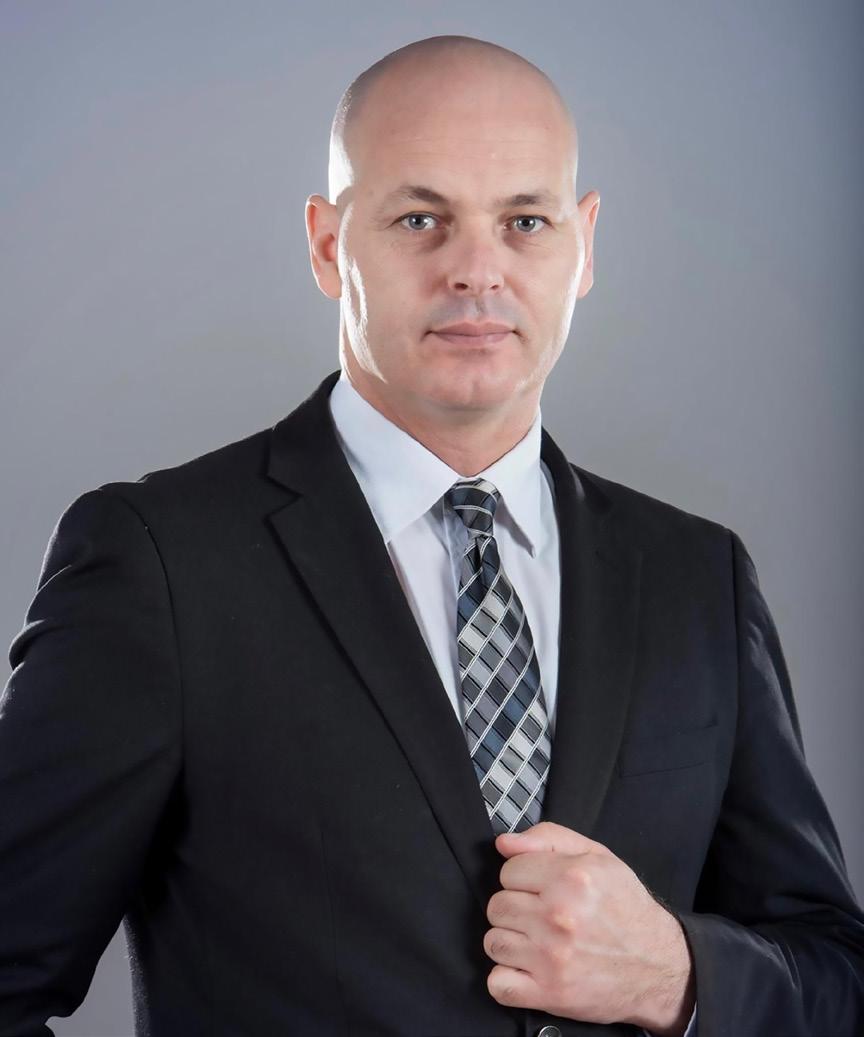
It is possible to understand that the main advantage of money is not just the power to buy an imported car or a bigger house.
This will be possible as your income grows, but the main advantage of money before that is to give you greater freedom of choice; have ac cess to new options and be able to take advantage of the best opportunities.
I believe that the construction of passive income is one of the most important subjects to be disseminated in places that propose to discuss about finance; thanks to the poten tial of the results that can be achieved by choosing to dedi cate time and effort to this endeavor.
WHAT IS PASSIVE INCOME?
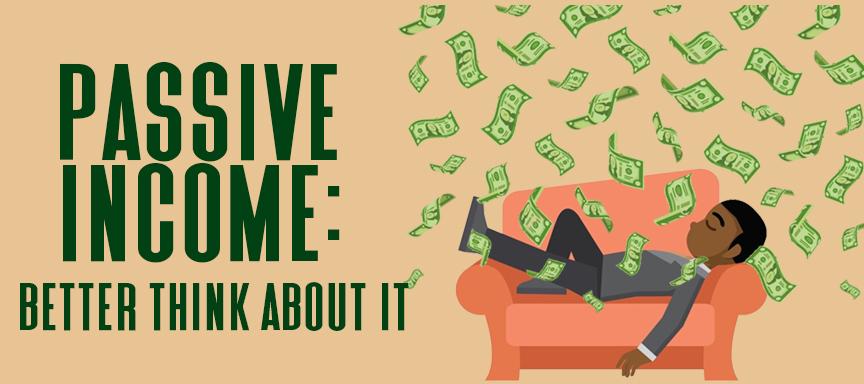
Passive income is nothing more than income that does not depend directly on the person so that the value falls into account.
It happens when physical or intellectual efforts are not needed every month, or once in a while, to have a financial return. It's a guaranteed in come without having to ac tively work to earn it.
Passive income also does not depend and should not be tied to specific moments, in addition to being important for the person's financial future; because it allows you to avoid taking risks in longterm scenarios, where they can end up being unpredict able.
Rented properties are very common examples of passive income, but if the same prop erty is generating cost, (prop erty tax, maintenance fees and depreciation) then in this case it cannot be considered passive income.
There are thousands of ex amples of passive income. It is important for you to know

CONTINUES ON PAGE 5 4 A Newspaper For All Nations!7
Rented properties are very common examples of passive income, but if the same property is generating cost, (property tax, maintenance fees and depreciation) then in this case it cannot be considered passive income.
which passive income best suits your profile.
However, know that passive income is not luck. It will not happen by chance. You may even have a loss, but it was because of something unexpected that happened.
The principle of passive in come is to bring tranquility to moments when you can no longer be as active profes sionally or are facing financial low situations.

HOW TO GENERATE PASSIVE INCOME?
It is important to remember that to achieve passive income, it takes an initial effort that passively earns profit over time, in the future.
Achieving passive income can take a lot of work over a long period of time before it can be built.
So, when a person wants to achieve passive income, they need to focus on the long term. In the short term, it ends up being more difficult, as it will be necessary to have capital already invested.
However, when talking about the long term, it is possible to have time to prepare until passive income starts to arrive.
To take the first steps in gen erating passive income, the first question is: what level of effort am I willing to apply?
From there, you need to set a goal, project how much you want to receive monthly and at what time of life.
The next step is to find out what available capital you have and how much you need to invest to reach the desired goal, in order to have clar ity on your journey and next steps.
For this, financial planning is essential. It is very important to understand the risks of each possible choice for pas sive income.
It may be necessary to consider inflation, among other factors, which can end up hurting passive income over time.
For this, it is recommended to diversify the source of passive income, because if any of them is affected, it is possible to have a compensation.
From this knowledge, it is to proceed to practice, to make the money start to yield.
Try to find out what the best options are. The more knowl edge you acquire, the greater and faster your results will be.
And remember: the more you can invest up to the age that the person has set as a goal,
the better. Therefore, it is not recommended to wait until you reach an ideal salary to start creating passive income habits. She is a construction.
The sooner you start, the bet ter. Therefore, it is important to use time to your advantage for the amount invested to grow.
CONTINUING FROM PAGE 4 Financial Advisor Specialist (Licensed NY, NJ, MD, TX. and FL) E-mail: infopbs. usa@gmail.com Website: www. pbsfinancials.com Phone: 917 773 7822 Hever Wilson 5A Newspaper For All Nations! 7
The principle of passive income is to bring tranquility to moments when you can no longer be as active professionally or are facing financial low situations.
◙
Try to find out what the best options are. The more knowledge you acquire, the greater and faster your results will be.
Regular physical activity is one of the most important things you can do for your health. Being physically active can improve your brain health, help manage weight, reduce the risk of disease, strengthen bones and muscles, and improve your ability to do everyday activities.
Adults who sit less and do any amount of moder ate-to-vigorous physical ac tivity gain some health ben efits.
Only a few lifestyle choices have as large an impact on your health as physical activ ity.

Everyone can experience the health benefits of physical ac tivity – age, abilities, ethnic ity, shape, or size do not matter.
IMMEDIATE BENEFITS
Some benefits of physical ac tivity on brain health happen right after a session of moderate-to-vigorous physical activity.
Benefits include improved thinking or cognition for chil dren 6 to 13 years of age and reduced short-term feelings of anxiety for adults. Regu lar physical activity can help keep your thinking, learning, and judgment skills sharp as you age. It can also reduce your risk of depression and
anxiety and help you sleep better.
WEIGHT MANAGEMENT
Both eating patterns and physical activity routines play a critical role in weight man agement. You gain weight when you consume more calories through eating and drinking than the amount of calories you burn, including those burned during physical activity.
TO MAINTAIN YOUR WEIGHT:
Work your way up to 150 minutes a week of moderate physical activity, which could include dancing or yard work. You could achieve the goal of 150 minutes a week with 30 minutes a day, 5 days a week.
People vary greatly in how much physical activity they need for weight manage ment. You may need to be more active than others to reach or maintain a healthy weight.
TO LOSE WEIGHT AND KEEP IT OFF:
You will need a high amount of physical activity unless you also adjust your eating pat terns and reduce the amount of calories you’re eating and drinking. Getting to and stay ing at a healthy weight re quires both regular physical activity and healthy eating. ◙
Source: CDC
6 A Newspaper For All Nations!7
S
ometimes known as con gestive heart failure — occurs when the heart muscle doesn't pump blood as well as it should.
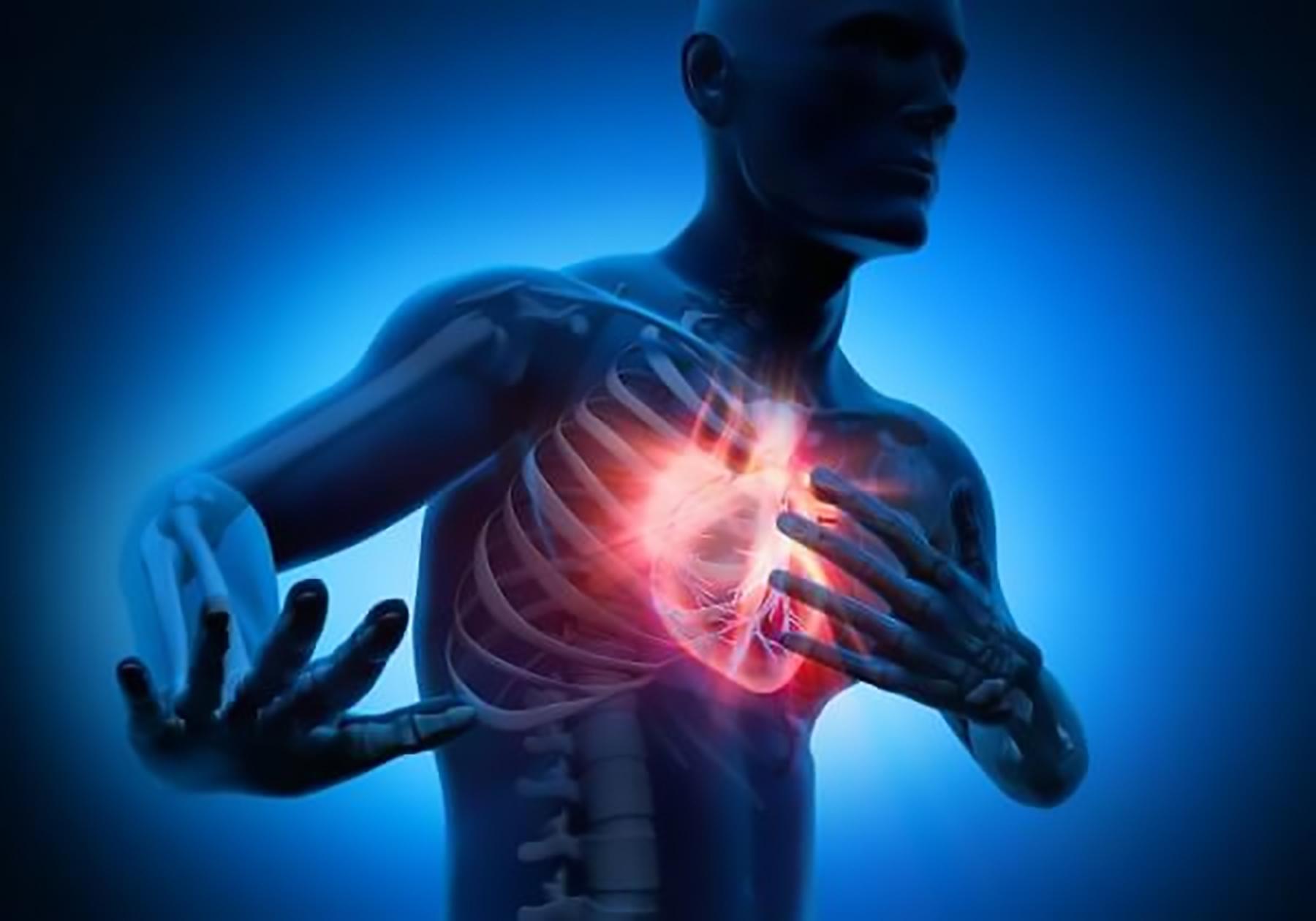
When this happens, blood often backs up and fluid can build up in the lungs, causing shortness of breath.
Certain heart conditions, such as narrowed arteries in the heart (coronary artery dis ease) or high blood pressure, gradually leave the heart too weak or stiff to fill and pump blood properly.
Proper treatment can im prove the signs and symptoms of heart failure and may
help some people live longer.
Lifestyle changes — such as losing weight, exercising, re ducing salt (sodium) in your diet and managing stress — can improve your quality of life.
However, heart failure can be life-threatening. People with heart failure may have severe symptoms, and some may need a heart transplant or a ventricular assist device (VAD).
One way to prevent heart failure is to prevent and con trol conditions that can cause it, such as coronary artery disease, high blood pressure, diabetes and obesity.

CONTINUES ON PAGE 8 7A Newspaper For All Nations! 7
Heart failure can be life-threatening. People with heart failure may have severe symptoms, and some may need a heart transplant or a ventricular assist device.
SYMPTOMS
failure can be ongoing (chronic), or it may start sud denly (acute). Heart failure signs and symptoms may in clude:
SHORTNESS OF BREATH WITH ACTIVITY OR WHEN LYING DOWN
FATIGUE AND WEAKNESS
SWELLING IN THE LEGS, ANKLES AND FEET
RAPID OR IRREGULAR HEARTBEAT
REDUCED ABILITY TO EXERCISE
PERSISTENT COUGH OR WHEEZING WITH WHITE OR PINK BLOOD-TINGED MUCUS
SWELLING OF THE BELLY AREA (ABDOMEN)
VERY RAPID WEIGHT GAIN FROM FLUID BUILDUP
NAUSEA AND LACK OF APPETITE
DIFFICULTY CONCENTRAT ING OR DECREASED ALERTNESS
CHEST PAIN IF HEART FAIL URE IS CAUSED BY A HEART ATTACK
A DOCTOR
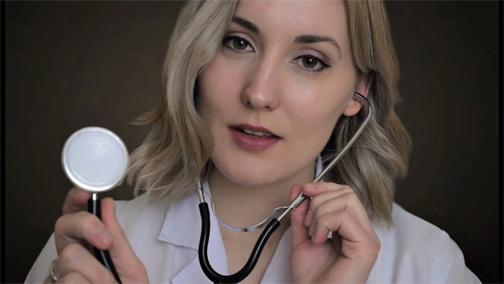
See your doctor if you think you might be experiencing signs or symptoms of heart failure. Call 911 or emergency medical help if you have any of the following:
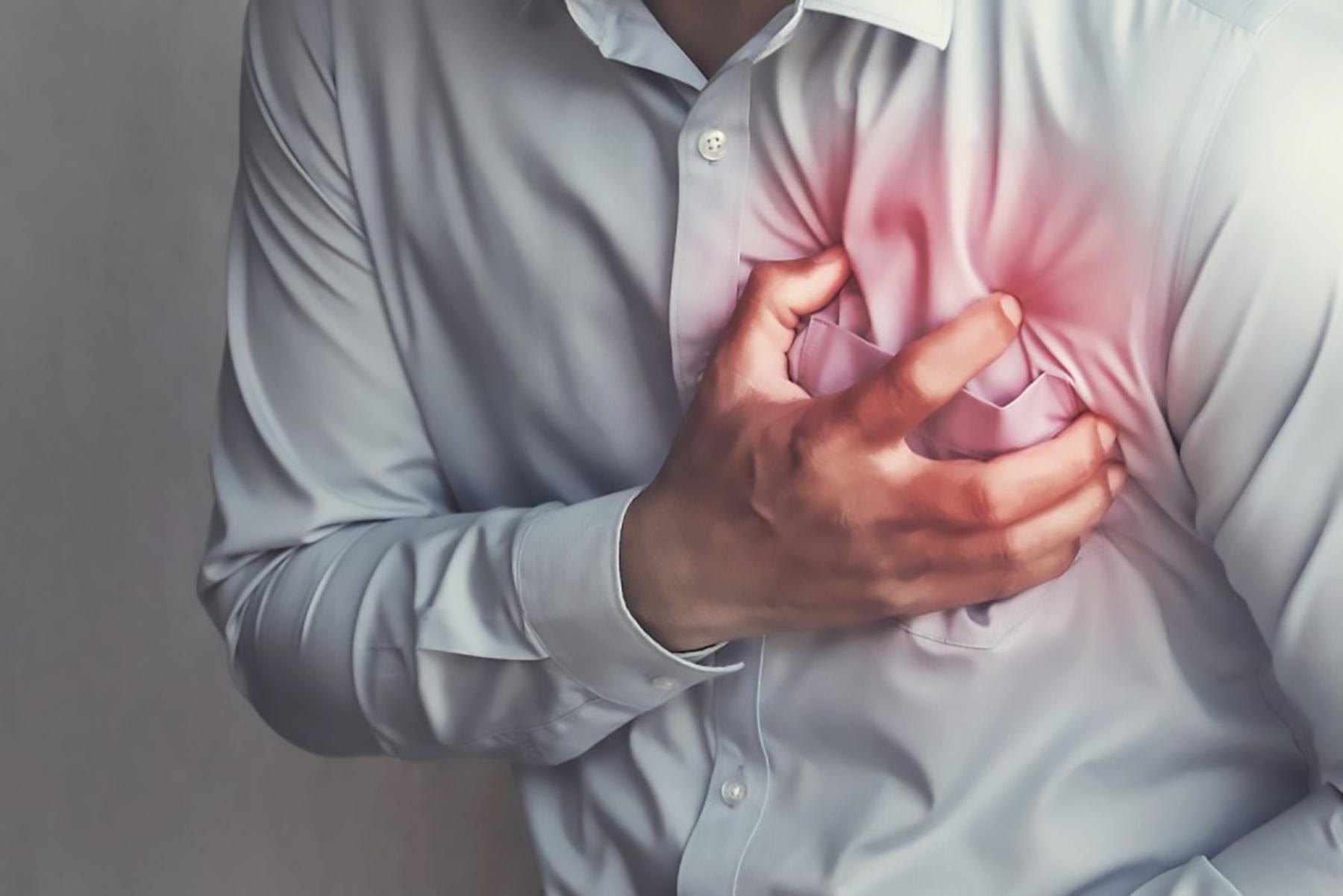
CHEST PAIN
FAINTING OR SEVERE WEAKNESS
RAPID OR IRREGULAR HEARTBEAT ASSOCIATED WITH SHORT NESS OF BREATH, CHEST PAIN OR FAINTING
SUDDEN, SEVERE SHORTNESS OF BREATH AND COUGHING UP WHITE OR PINK, FOAMY MUCUS
Although these signs and symptoms may be due to heart failure, there are many other possible causes, includ
ing other life-threatening heart and lung conditions. Don't try to diagnose your self.
Emergency room doctors will try to stabilize your condition and determine if your symptoms are due to heart failure or something else.
you have a diagnosis of heart failure and if any of the symptoms suddenly be
come worse or you develop a new sign or symptom, it may mean that existing heart failure is getting worse or not responding to treatment.
This may also be the case if you gain 5 pounds (2.3 kilo grams) or more within a few days. Contact your doctor promptly.
Source: Mayo Clinic
See your doctor if you think you might be experiencing signs or symptoms of heart failure.
CONTINUING FROM PAGE 7 8 A Newspaper For All Nations!7
Heart
•
•
•
•
•
•
•
•
•
•
•
•
•
•
•
If
◙
Emergency room doctors will try to stabilize your condition and determine if your symptoms are due to heart failure or something else.
You may think you don't need to worry about life in surance until, or if, you have children. After all, there's no one who relies on you to feed, clothe, and educate them.
Remaining uninsured, how ever, could prove to be a big financial mistake, even with out dependents. Here's why.
Life insurance can shield your surviving loved ones from financial hardships they may face if you pass away unexpectedly. This could apply to anyone who relies on your ability to provide for them fi nancially, including aging par ents or a spouse who doesn't work outside the home.
Even if your spouse has a full- or part-time job, consider what would happen if the income you bring in was permanently lost.
Would your spouse be able to handle all living expenses — including large bills like mortgage payments? Would he or she be able to continue pay ing Off any debts you share?
Many partners would not be able to cover the expenses of their current lifestyles with out two incomes.
So, considering life insurance to each other is a critical financial planning step.

life insurance, you will have to decide how much you and your spouse need to protect each other.
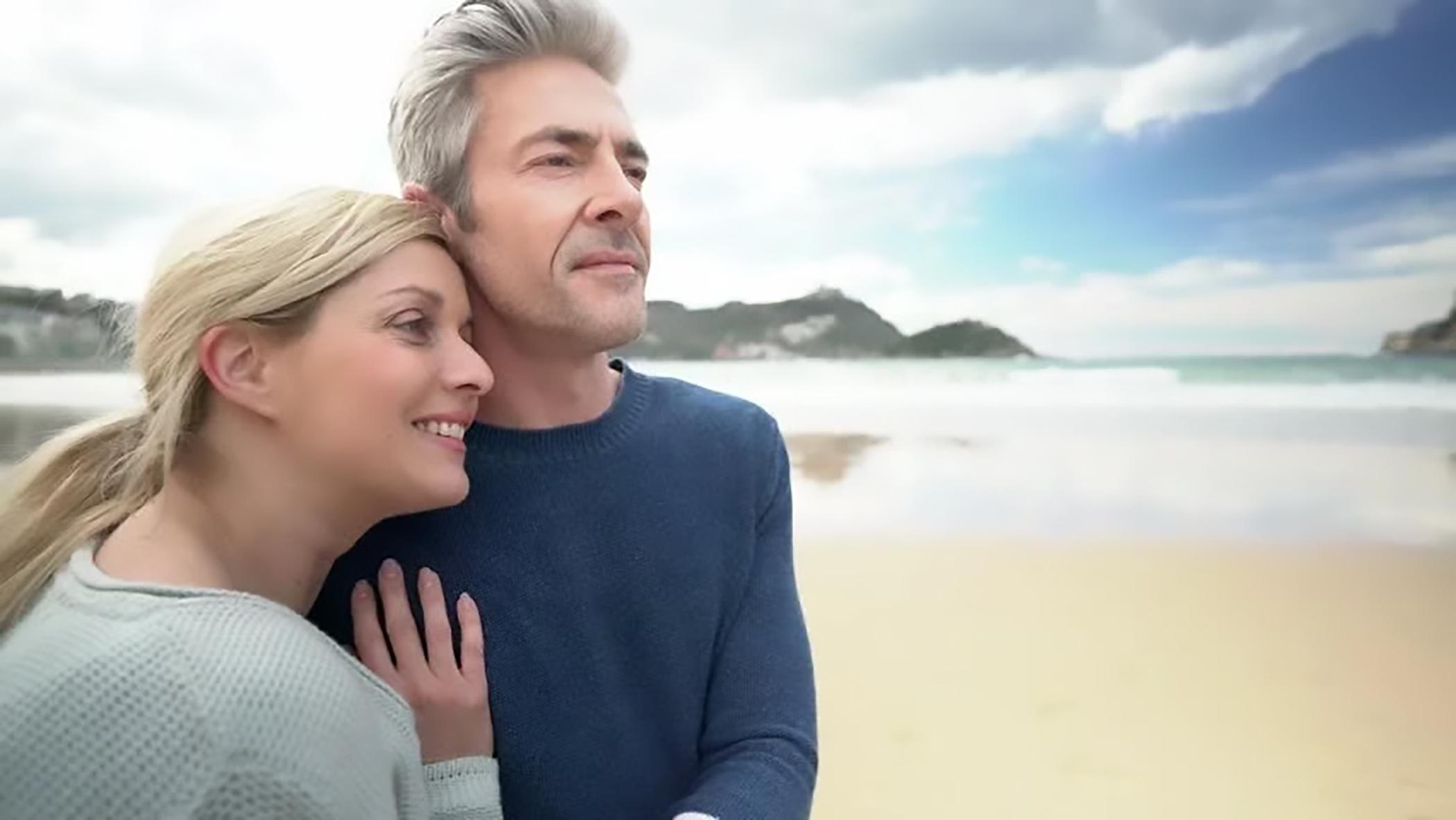

There are several ways to de termine how much coverage you will need. One method is to multiply your salary by five or ten. This may make the most sense, however, when you have minor dependents who will need financial help to see them through college and early adulthood.
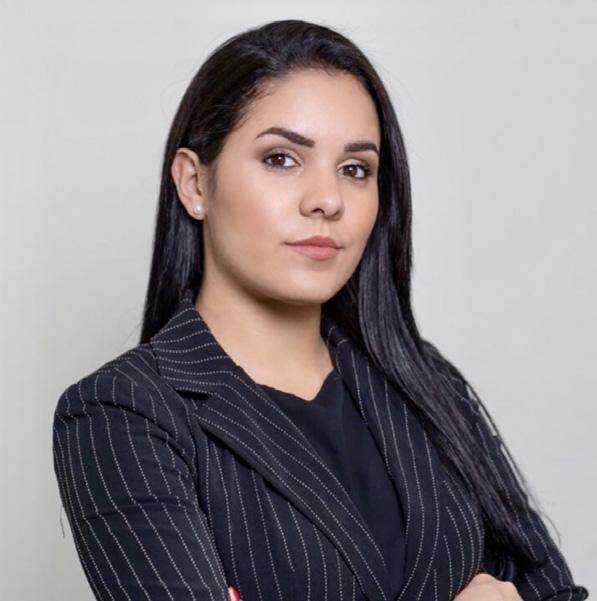
If you and your partner sim ply want to protect each oth er, you may need coverage that will cover only one to Two years of expenses.
Perhaps the most accurate way to measure how much you will require is to consider the amount your surviving would need to handle his or her actual financial needs, whether it's paying off the mortgage, satisfying debts, or providing care to aging par ents.
Life insurance can provide you with peace of mind and the knowledge that your sur viving loved ones won’t face serious financial hardship after you're gone. ◙
9A Newspaper For All Nations! 7
Carine de Oliveira Agent
If you decide to investigate
Life insurance can shield your surviving loved ones from financial hardships.
CARINE DE OLIVEIRA Agent New York Life Insurance Company 120 Broadway, 29th Floor New York, NY10271 B. 212.2610200 F. 212. 261026 M. 862.7770522 E-mail: cdeoliveira@ ft.newyorlife.com
The Digital Age and the de velopment of social media have changed the way you interact with people, the world, and yourself. As a re sult, you're often more con nected to the digital world than your immediate sur roundings.
People fight for both sides. Social media has allowed for excellent connections while acting as a severe distrac tion. The way you use social media determines the influ ence it has on your life.
WHAT'S GOOD ABOUT SOCIAL MEDIA?
The culture around social media can often be discour aging. Between people us ing it as a platform for hate and businesses selling information from your profile, it's difficult to remember the positive sides of social media.

FRIENDS AND FAMILY:
It's undeniable that every one is busy. It's impossible to call every person in your circles to tell them about
Friends and family
your new job, school oppor tunity, or big move.
Social media provides you, friends, and family a way to keep each other updated on all the significant changes in your lives. However, without social media platforms, you can feel isolated from those people and miss out on no table achievements.
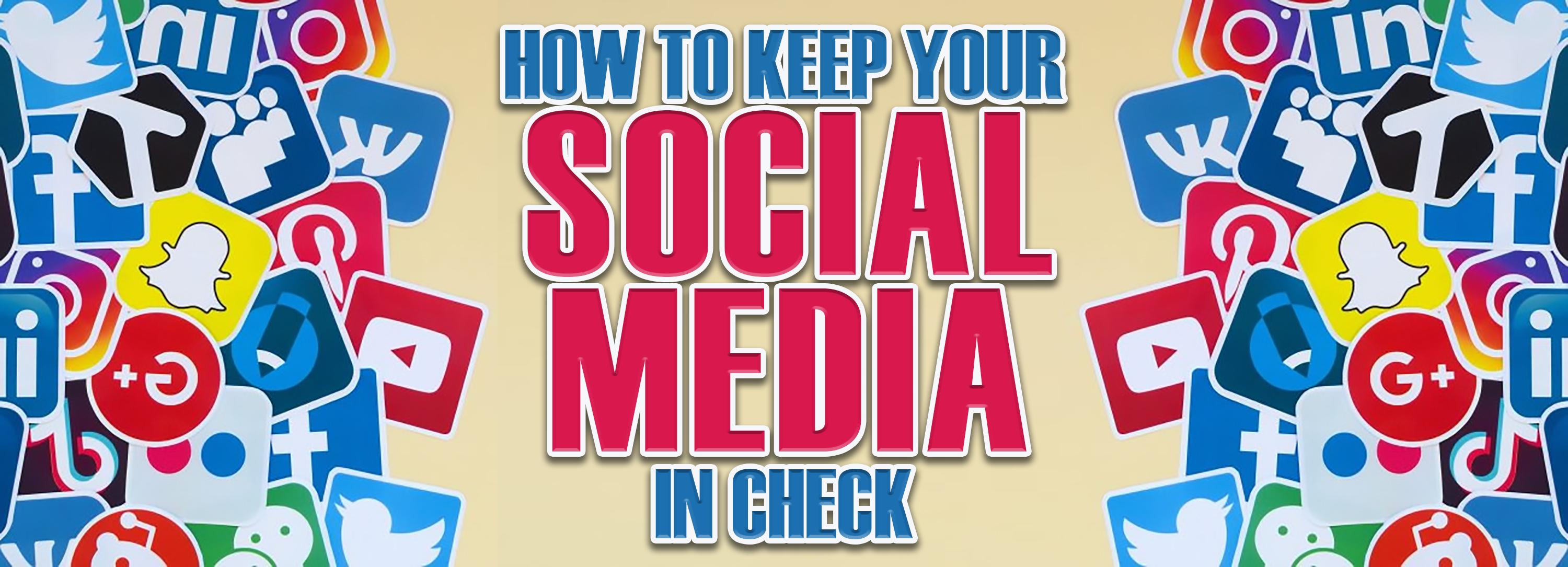
MEET NEW PEOPLE:
Social media also connects you to people you've never met. You can meet future co workers, significant others, and best friends across social media.
Social media eliminates many of the real-world boundaries that can prevent you from meeting others. New people can open you up to new ideas and cultures that you would have missed otherwise.

CONTINUES ON PAGE 11 10 A Newspaper For All Nations!7
The culture around social media can often be discouraging. Between people using it as a platform for hate and businesses selling information from your profile, it's difficult to remember the positive sides of social media.
CURATE VALUABLE CONTENT:
The internet can be full of harmful content. However, you can curate your social media feeds to reinforce positivity in your life.

Charity donations, aware ness of new causes, uplifting posts, and connected com munities are a few ways so cial media can benefit you and the world.

MINDFUL ENGAGEMENT IMPROVES WELL-BEING:
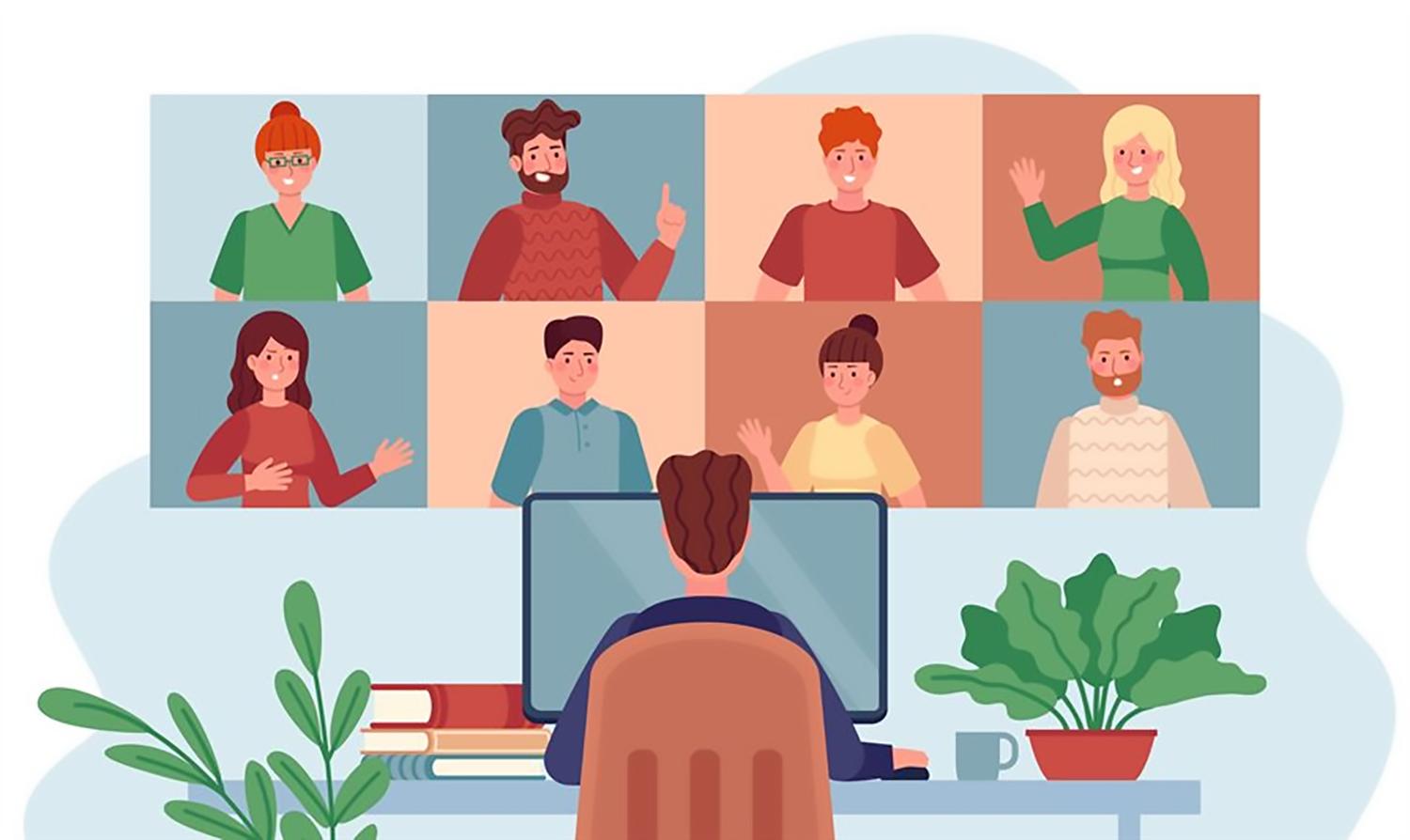
Mindful engagement
Along with a curated feed, actively engaging (not just viewing) can improve mental
health and your overall wellbeing. Positive results from social media require mindful interactions with posts and ensuring a trimmed amount of content.
WHAT'S BAD ABOUT SOCIAL MEDIA?


First thing's first: everyone will have individual relationships with social media. Ev eryone will interact with so cial media differently, and the pros may not outweigh the cons.
FEAR OF MISSING OUT:
Also called FOMO, you may obsessively worry you'll miss something. You don't want to miss out on the latest joke or trend. Your FOMO may lead you to be on social media too much.
Fear of missing out
With notifications on, you can find out exactly what's hap pening when it happens. Ev erything on your feed is with in reach. Follows and likes to vibrate in your pocket, and your attention gets pulled to your devices.
KEEPING TABS ON EVERYONE:
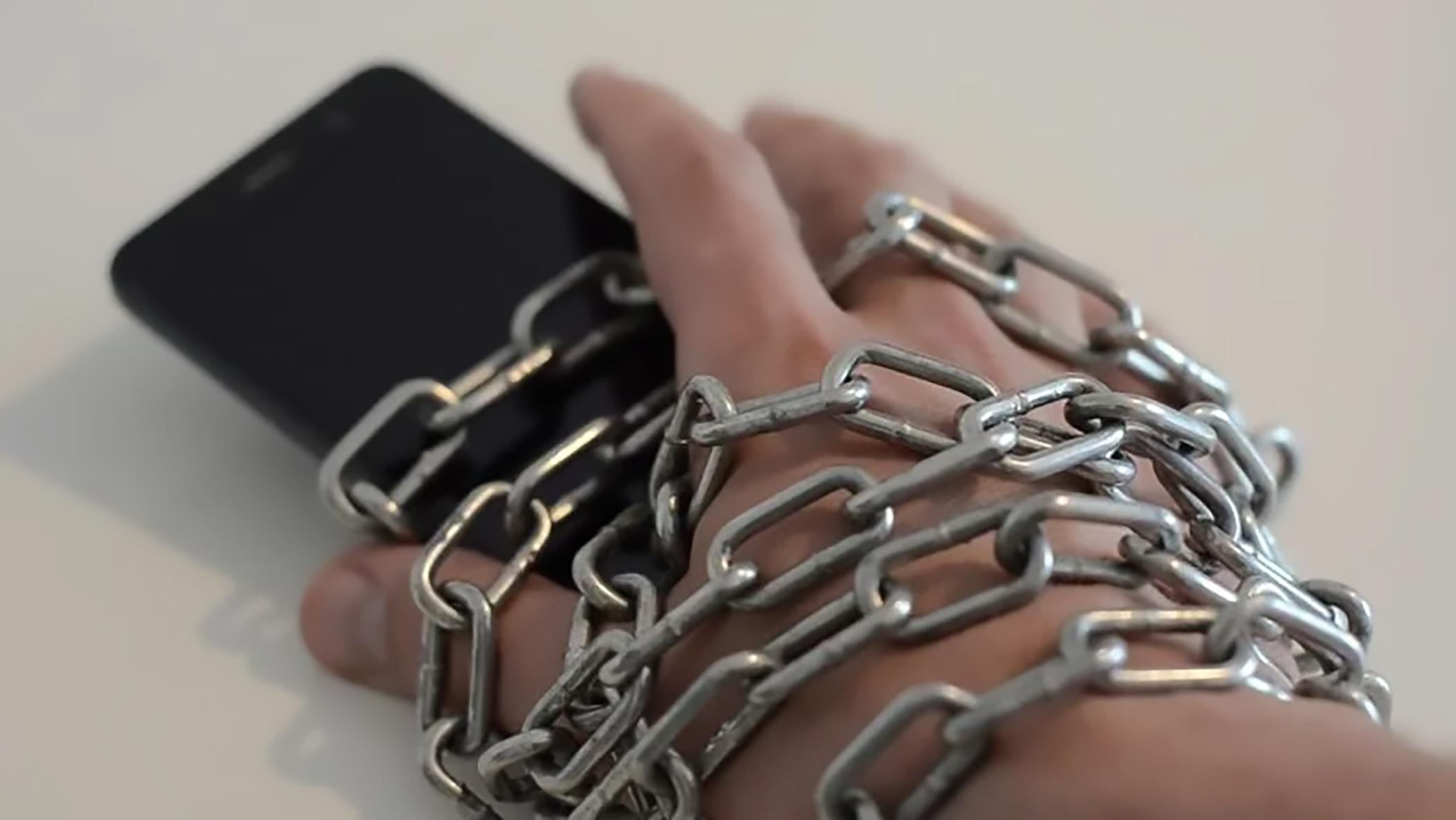
Social media allows you to keep track of everyone in your life (or people not in your life).
Unfortunately, this instant accessibility may encourage unhealthy stalking behaviors. Alternatively, people can fol low your social media the same way.
CONTINUES ON PAGE 12 11A Newspaper For All Nations! 7
Meeting new people Curate valuable content
The internet can be full of harmful content. However, you can curate your social media feeds to reinforce positivity in your life.
Mindless scrolling of your social media is often the biggest problem. Endless trails of articles, entertaining accounts, and a variety of information can turn into hours of screen time.
Keeping tabs on everyone
SCROLLING THE FEED:
Mindless scrolling of your so cial media is often the biggest problem. Endless trails of ar ticles, entertaining accounts, and a variety of information can turn into hours of screen
Comparing yourself to others
Following celebrities or people in your professional field can be an inspiration for some. For others, it leads to unhealthy comparison.
For many accounts, you only see their successes. You likely compare your wins to theirs and wonder why you aren't as successful. Comparison leads to a misleading percep tion of how you should be. It damages your confidence and contributes to poor emotional health.
Many of these problems add up to a toxic relationship with social media. The best way to set boundaries with your so cial media is to detox, estab lish guidelines, and practice mindfulness.
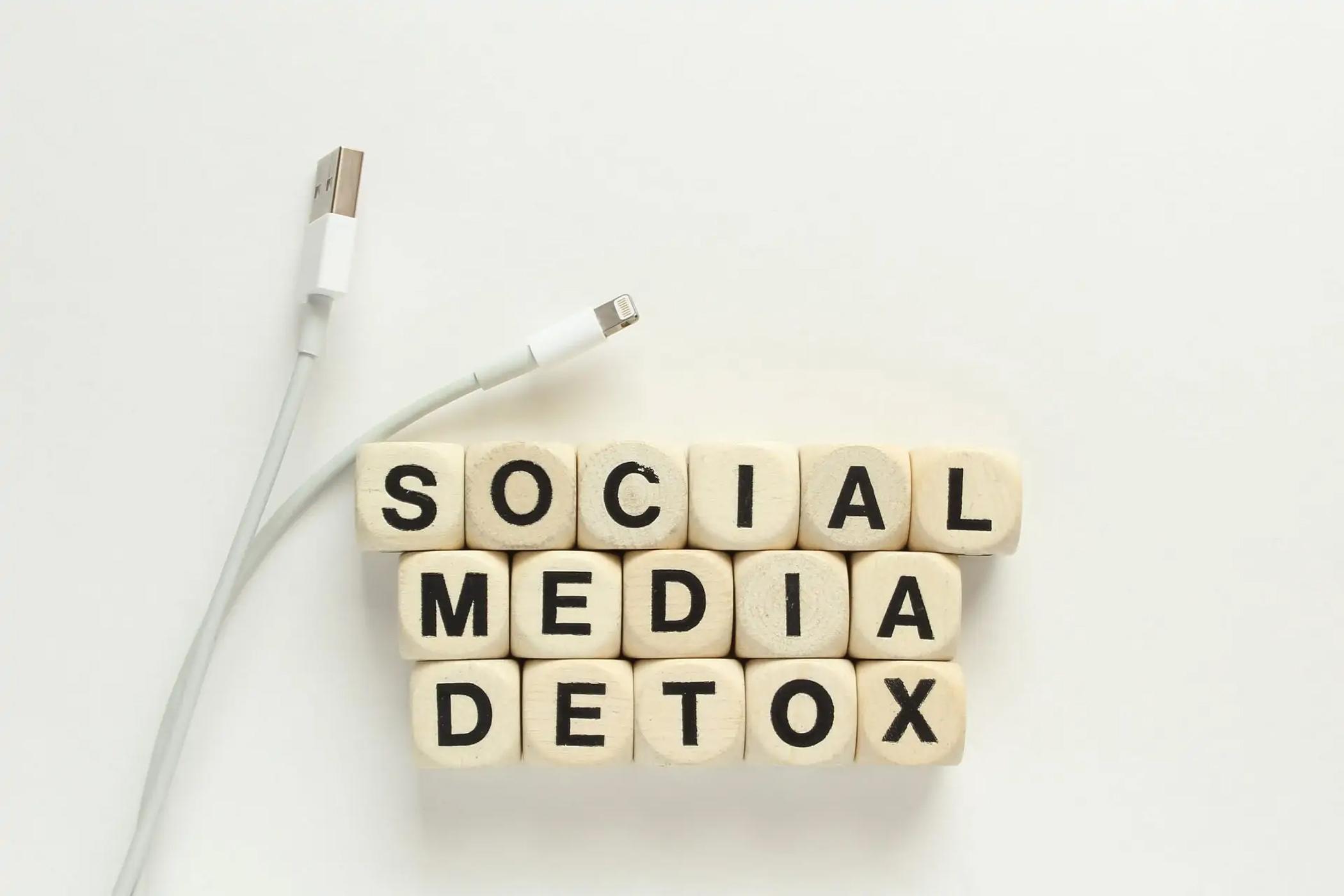
© 2021 WebMD, LLC. All rights reserved
7 WAYS TO KEEP SOCIAL MEDIA IN CHECK

The first step in developing a healthy relationship with social media is to be healthy with all technology.
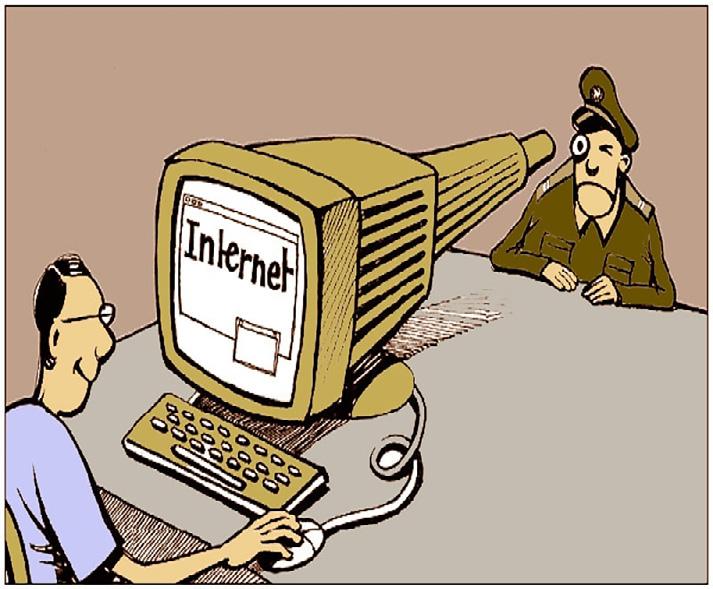
• TURN OFF AS MANY NOTIFICATIONS AS YOU CAN. KEEP ONLY THE IMPORTANT ALERTS.
• ESTABLISH TIMES TO CHECK MESSAGES, EMAILS, AND OTHER CORRESPONDENCE.
• ESTABLISH TIMES TO GO TECH-FREE.
• USE A SEPARATE TO-DO LIST AND CALENDAR TO LIMIT THE AMOUNT OF TIME YOU LOOK AT A SCREEN. NEXT, ESTABLISH GUIDELINES ON HOW YOU USE SOCIAL MEDIA.
• ACTIVELY ENGAGE WITH YOUR FEED. LIKE AND COMMENT ON POSTS, DON'T SCROLL PAST.
• ESTABLISH SOCIAL MEDIA TIME. MAKE SURE THAT USING SOCIAL MEDIA IS NOT THE FIRST OR THE LAST THING YOU DO EVERY DAY.
• MAKE SURE YOU CURATE YOUR FEED, SO YOU ENGAGE WITH CONTENT THAT'S VALUABLE TO YOU.
CONTINUING FROM PAGE 11 12 A Newspaper For All Nations!7
◙
Many of these problems add up to a toxic relationship with social media. The best way to set boundaries with your social media is to detox, establish guidelines, and practice mindfulness.
is considered the breast cancer awareness month or “pink month” in the US and medical providers will spend more time educating women to get a screening mammogram. My question for
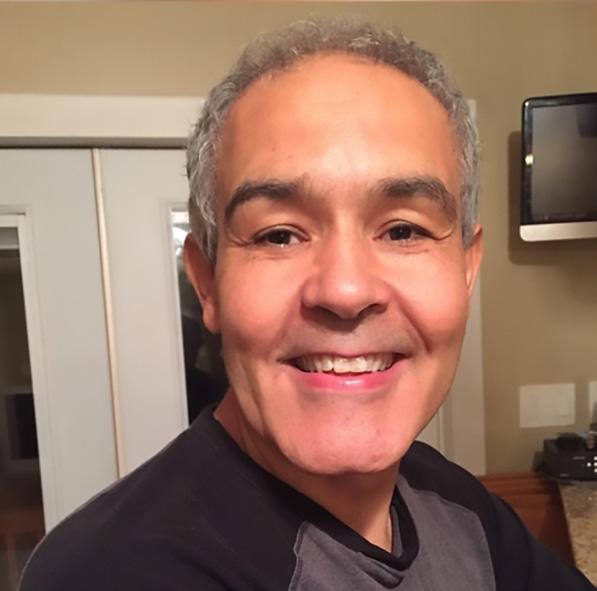

today
did
have
check up with your medical provider and routine mam mogram is very important.
THERE ARE SEVERAL TYPES OF BREAST CANCER
mammogram yet?
RISK FACTORS FOR BREAST CANCER
Do women need to have a yearly mammogram? Why is it so important to get a yearly mammogram? Very simple, because breast cancer is pre ventable, and if it is found at the early stage it is well treatable.
WHAT IS BREAST CANCER?
Breast cancer is a type of can cer that starts in the breast. May start in one or both breasts.
Breast cancer can also be present in man, but over 93% of breast cancers are in women.
The female breast may have lumps and most breast lumps are not cancerous, they may grow but don’t spread out side the breast tissue. Benign breast lumps can increase a woman risk of getting breast cancer, and therefore routine
Breast cancer can start at any part of the breast. The breast has fat, glands, and ducts. These are the types of breast cancer, mostly called carcinomas.
LOBULAR CANCER - It starts in the lobules which are the glands that make breast milk.
DUCTAL CANCERS -
The breasts have small canals that come out from the lob ules to carry the milk to the nipple. This is the most com mon place for breast to starts this kind of cancer.
PAGET DISEASE - This kind of cancer starts on the nipple.
PHYLLODES TUMOR -
It is a less common cancer on the fat and connective tissue called stroma.
ANGIOSARCOMA - is a less common type of breast cancer. It starts in the lin ing of the blood vessel and lymph vessels.
We really don’t know what causes each case of breast cancer, however we know that 1 in 10 breast cancers are linked with known abnor mal genes that are passed on from parents.
Certain breast cancer risk factors are related to per sonal behaviors, such as diet and physical activity. Other lifestyle-related risk factors include decisions about hav ing children and taking medi cines that contain hormones.
Some of the risks of getting breast cancer are not your fault such as getting older, born a female, or inherit a gene from you parent, hav ing a family member with history of breast cancer, hav ing personal history of breast cancer (having cancer in one breast may have on the other breast), race and ethnic ity, having dense breast, being taller and having certain types of benign conditions such as fibrosis, ductal ecta sia etc.
There are risks factor that we can do to prevent breast cancer such as being overweight, smoking, inactivity etc.
Now that you know about breast cancer you need to ad dress few things. Please do your monthly breast assess ment and visit your GYN for regular checkup. Yearly mam mogram is recommended for women after age 45 or sooner if there is family medical his tory of breast cancer. There are several places in Newark and adjacent area that can do your mammogram for a reasonable price or even free. University hospital and St. Michaels offer a free pro gram. You can reach SAVE program at 973 972 0310 or 973 972 7007 and schedule your mammogram. ◙
References:
American Cancer Society. Breast Cancer Facts & Figures 2019-2020. Atlanta, Ga: American Câncer Society; 2019.
LAURO ROCHA
13A Newspaper For All Nations! 7
Lauro Rocha - DNP
October
you
is,
you
your
Doctor in Nursing Practice (DNP) and HIV Program Coordinator whose mission is to improve each of his patient's quality of life, prevent illness and avoid hospital admissions
Black Is Beautiful: The Photography of Kwame Brathwait

One of the minds behind the "Black Is Beautiful" move ment, Kwame Brathwaite has long deployed his photography as an agent of social change.
Known as the “keeper of the images”, Kwame Brath waite deployed his photography from the late 1950s and throughout the 1960s as an agent of social change.
Born in Brooklyn to a Carib bean American family and raised in the Bronx, Brathwaite traces his artistic and
political sensibilities to his youth. In the 1960s, Brath waite and his collective also sought to address how white conceptions of beauty and body image affected Black women.
To do so, they popularized the transformative idea “Black Is Beautiful” and founded the Grandassa Models, a modeling troupe of locally cast women who appeared in annual fashion shows at Har lem’s Apollo Theater.
Even after 300 years, Salem’s witch trials remain a defining example of intolerance and injustice in American history.
The extraordinary events of 1692-3 led to the deaths of 25 innocent people, the vast ma jority of whom were women.
Organized by the Peabody Es sex Museum, the exhibition includes tangible fragments
from the past that illuminate the real lives of Salem’s residents: those accused of witchcraft, their accusers, and those who defended them against legal charges, risking their own lives and reputa tions in the process.
The exhibition seeks to ask: In moments of injustice, what role do we play?
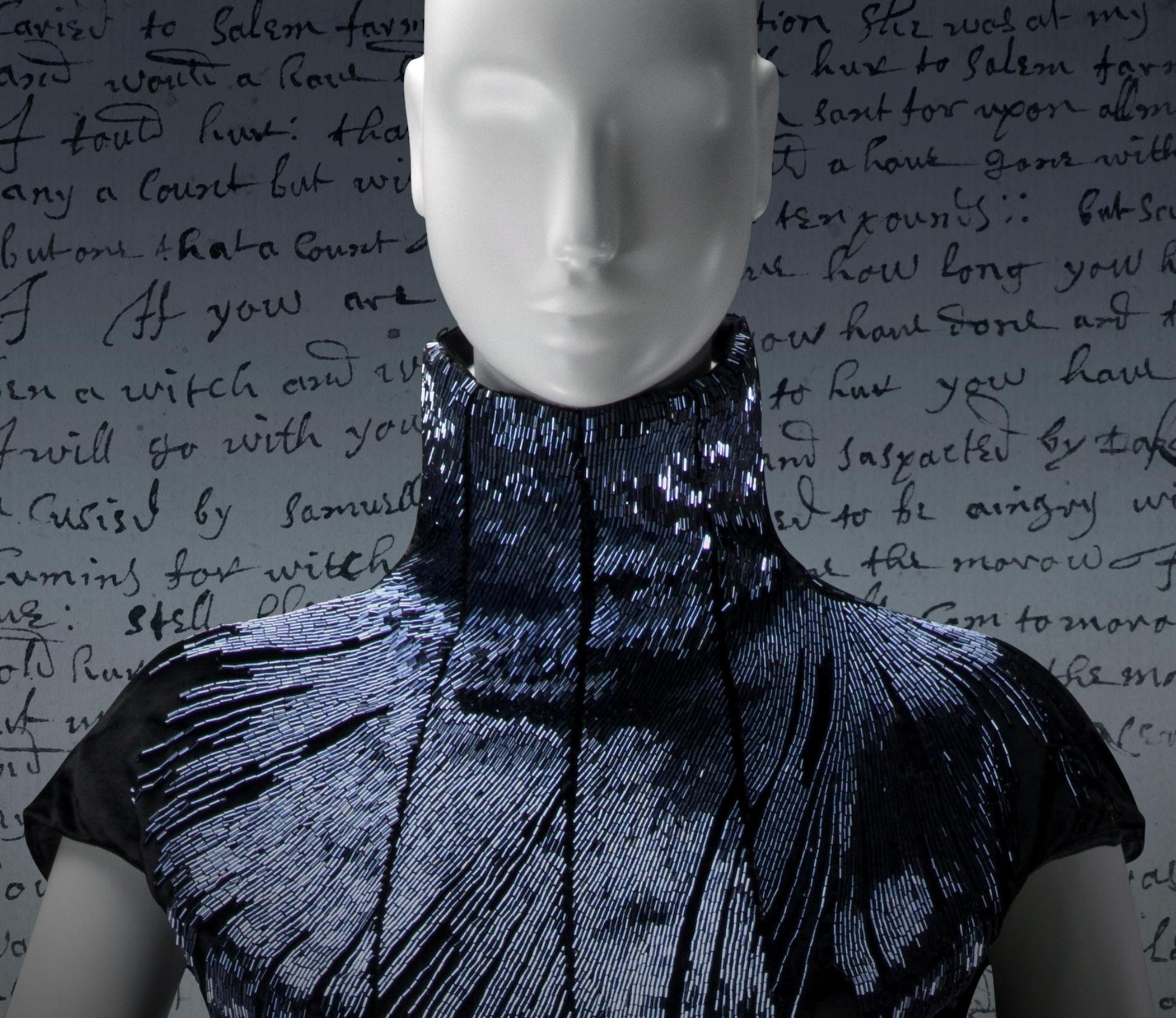
CONTINUING FROM PAGE 16 17A Newspaper For All Nations! 7
August 19, 2022 January 15, 2023
◙ The Salem Witch Trials: Reckoning and Reclaiming October 7, 2022 January 22, 2023 Source: NYC by Rail
Throughout its long history, Earth has warmed and cooled time and again.
Climate has changed when the planet received more or less sunlight due to subtle shifts in its orbit, as the atmo sphere or surface changed, or when the Sun’s energy varied.
But in the past century, another force has started to influence Earth’s climate: hu manity.
WHAT IS GLOBAL WARMING?
Global warming is the unusually rapid increase in Earth’s average surface temperature over the past century primarily due to the greenhouse gases released by people burning fossil fuels.
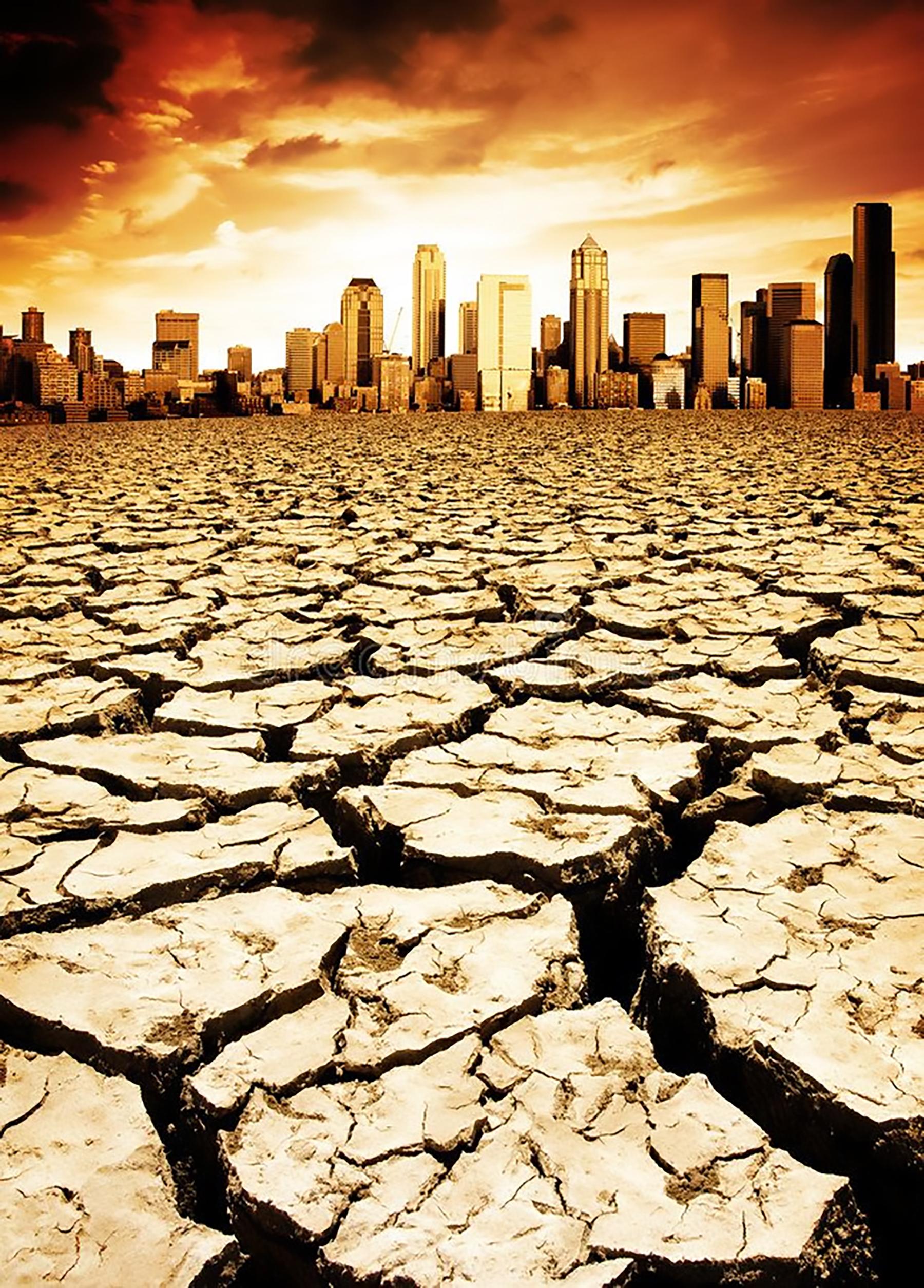


HOW DOES TODAY’S WARMING COMPARE TO PAST CLIMATE CHANGE?
Earth has experienced cli mate change in the past with out help from humanity. But the current climatic warming is occurring much more rapidly than past warming events.

WHY DO SCIENTISTS THINK CURRENT WARMING ISN’T NATURAL?
In Earth’s history before the Industrial Revolution, Earth’s climate changed due to natural causes unrelated to hu man activity.
These natural causes are still in play today, but their influence is too small or they oc-
CONTINUES ON PAGE 19 18 A Newspaper For All Nations!7
Models predict that as the world consumes ever more fossil fuel, greenhouse gas concentrations will continue to rise, and Earth’s average surface temperature will rise with them.
cur too slowly to explain the rapid warming seen in recent decades.
HOW MUCH MORE WILL EARTH WARM?
Models predict that as the world consumes ever more fossil fuel, greenhouse gas concentrations will continue to rise, and Earth’s average surface temperature will rise with them.
Based on plausible emission scenarios, average surface temperatures could rise be tween 2°C and 6°C by the end of the 21st century.
Some of this warming will oc cur even if future greenhouse gas emissions are reduced,
because the Earth system has not yet fully adjusted to environmental changes we have already made.
HOW WILL EARTH RESPOND TO WARMING TEMPERATURES?
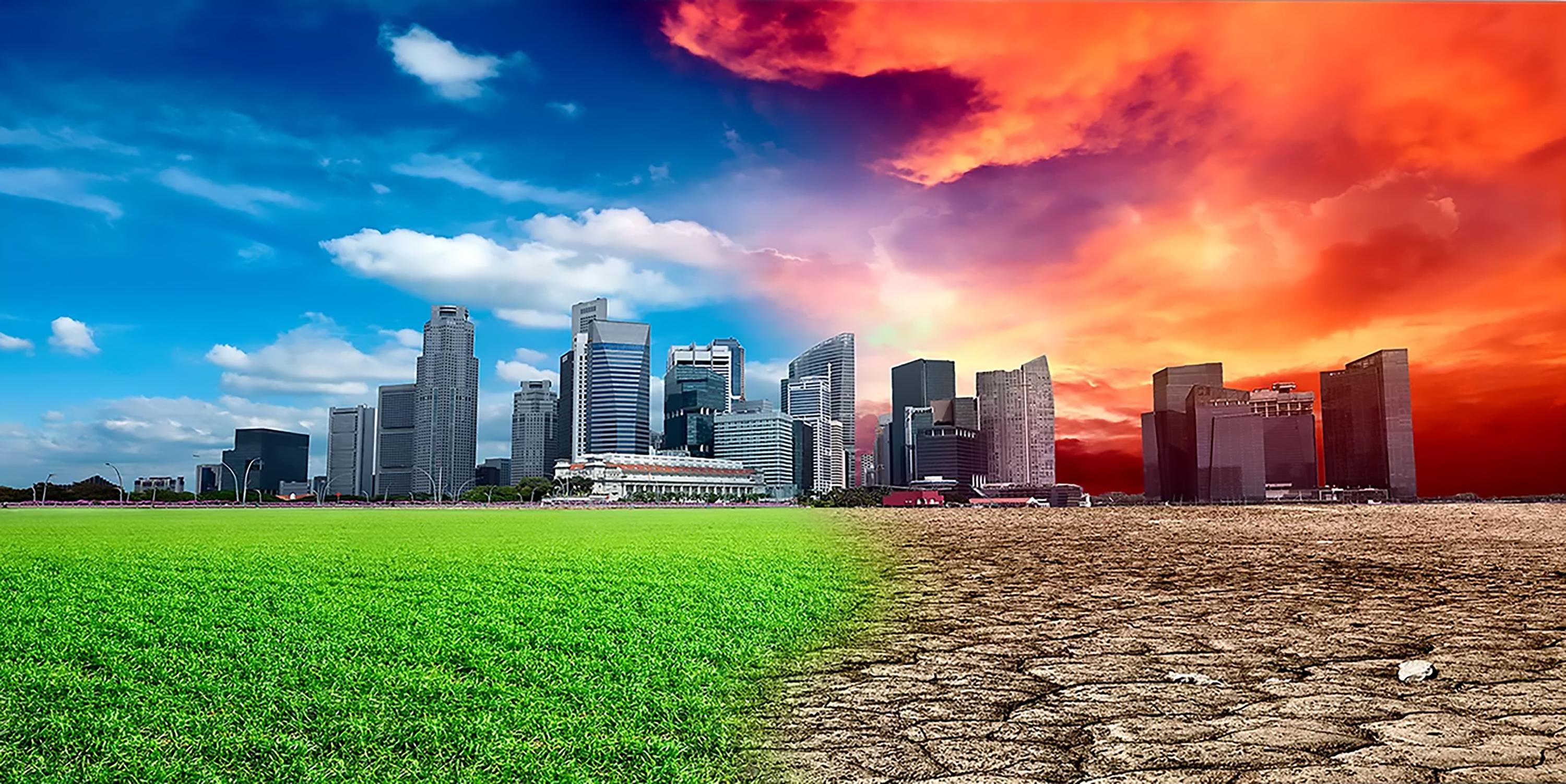

The impact of global warm ing is far greater than just in creasing temperatures.
Warming modifies rainfall patterns, amplifies coastal erosion, lengthens the grow ing season in some regions, melts ice caps and glaciers, and alters the ranges of some infectious diseases.
Some of these changes are already occurring. ◙
Source: NASA
CONTINUING FROM PAGE 18 19A Newspaper For All Nations! 7
Earth has experienced climate change in the past without help from humanity. But the current climatic warming is occurring much more rapidly than past warming events.
Formally Liberty Enlighten ing the World, colossal statue on Liberty Island in the Up per New York Bay, U.S., com memorating the friendship of the peoples of the United States and France.

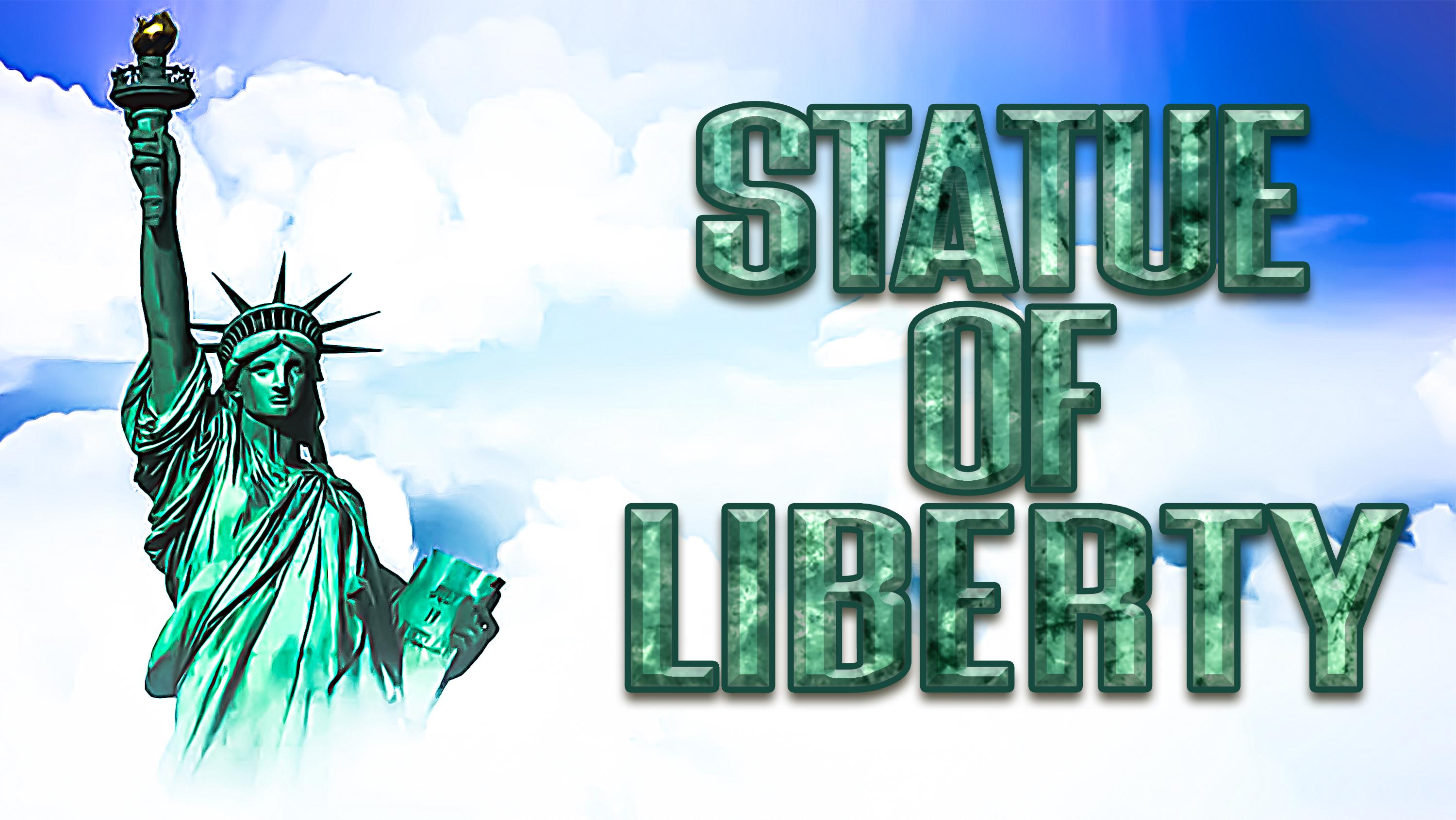
Standing 305 feet (93 meters) high including its pedestal, it represents a woman hold ing a torch in her raised right hand and a tablet bearing the adoption date of the Declara tion of Independence (July 4, 1776) in her left.
The torch, which measures 29 feet (8.8 meters) from the flame tip to the bottom of the handle, is accessible via a 42-foot (12.8-metre) service ladder inside the arm (this ascent was open to the public from 1886 to 1916).
An elevator carries visitors to the observation deck in the pedestal, which may also be reached by stairway, and a spiral staircase leads to an observation platform in the
figure’s crown.
A plaque at the pedestal’s entrance is inscribed with a sonnet, “The New Colossus” (1883) by Emma Lazarus. It was written to help raise money for the pedestal.
CONSTRUCTION OF THE PEDESTAL FOR THE STATUE OF LIBERTY
A French historian, Édouard de Laboulaye, made the pro posal for the statue in 1865. Funds were contributed by the French people, and work began in France in 1875 un-
der sculptor Frédéric-Auguste Bartholdi.
The statue was constructed of copper sheets, hammered into shape by hand and assembled over a framework of four gigantic steel supports, designed by Eugène-Emman uel Viollet-le-Duc and Alexan dre-Gustave Eiffel.
The colossus was presented to the American minister to France Levi Morton (later vice president) in a ceremony in Paris on July 4, 1884.
In 1885 the completed statue, 151 feet 1 inch (46 me-
tres) high and weighing 225 tons, was disassembled and shipped to New York City.
The pedestal, designed by American architect Richard Morris Hunt and built within the walls of Fort Wood on Bedloe’s Island, was completed later.
The statue, mounted on its pedestal, was dedicated by President Grover Cleveland on October 28, 1886.
Over the years the torch un derwent several modifications, including its conversion to electric power in 1916 and its redesign (with repoussé copper sheathed in gold leaf) in the mid-1980s, when the statue was repaired and re stored by both American and French workers for a centen nial celebration held in July 1986. The site was added to UNESCO’s World Heritage List in 1984. ◙
Source: Brittanica
20 A Newspaper For All Nations!7

